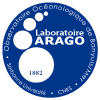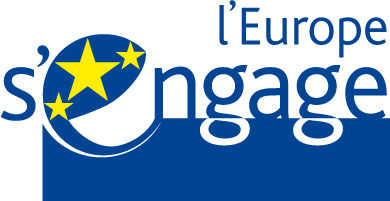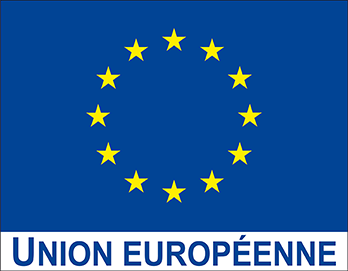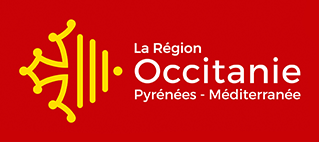The Microbial Oceanography Laboratory (LOMIC) brings together expertise in the fields of marine biogeochemistry, microbial ecology, biodiversity, physiology, OMICs and genetics of model organism to investigate processes carried out by the ocean microbiome in elemental cycles. Ongoing carbon cycle research emphasizes the identification of important routes of carbon fluxes through microbial communities, with the long-term goal of improving predictions of the fate of carbon in the context of a changing ocean.
We develop a research at the frontiers with an integrative view from genes to ecosystems. The study of the functions and diversity of marine microorganisms can also offer interesting applications in the field of biotechnology, for example the production of high value-added molecules or the possibility of using certain microbial functions to degrade pollutants present in the environment as microplastics.
More informations: lomic.obs-banyuls.fr
LOMIC is structured around three research themes.
Theme 1 - Regulation of microbial functions by environmental parameters
Physical and-chemical parameters, such as light intensity, day length, temperature and nutrients (macro- and micro-nutrients) have a major impact on the physiology of microbial communities including eukaryotic phytoplankton, cyanobacteria and heterotrophic bacteria. We use gene to ecosystems approaches such as genetic transformations of phytoplankton and bacterial model organisms, microcosms under well defined laboratory conditions, field studies of microbial communities and oceanographic cruises.
Theme 2 - Biogeochemistry and microbial diversity
Micro- and macroorganisms are key drivers of the biogeochemical cycles of major and trace elements in the ocean. The consideration of the biological characteristics of marine organisms, and their organization within ecosystems in terms of diversity, functions and interactions is key for a better understanding of the biogeochemical cycling of elements. The objective of this theme is to establish links between key biogeochemical fluxes in the ocean and the microbial communities carrying out these processes.
Theme 3 - Marine microbial ecotoxicology and metabolic engineering
This theme addresses the ecological consequences of marine pollution at the microbial community level, the 'services rendered by microorganisms' as innovative and eco-friendly technologies for the depollution using microorganisms (microbial ecotechnology) as well as the valorisation of microorganisms (e.g., production of compounds with high added value by microalgae). The approaches used are extremely broad from the study of the impact of pollution on natural environments to the development of whole cell biosensors for the detection of pollutants, via metabolic engineering techniques for the directed production of compounds.











